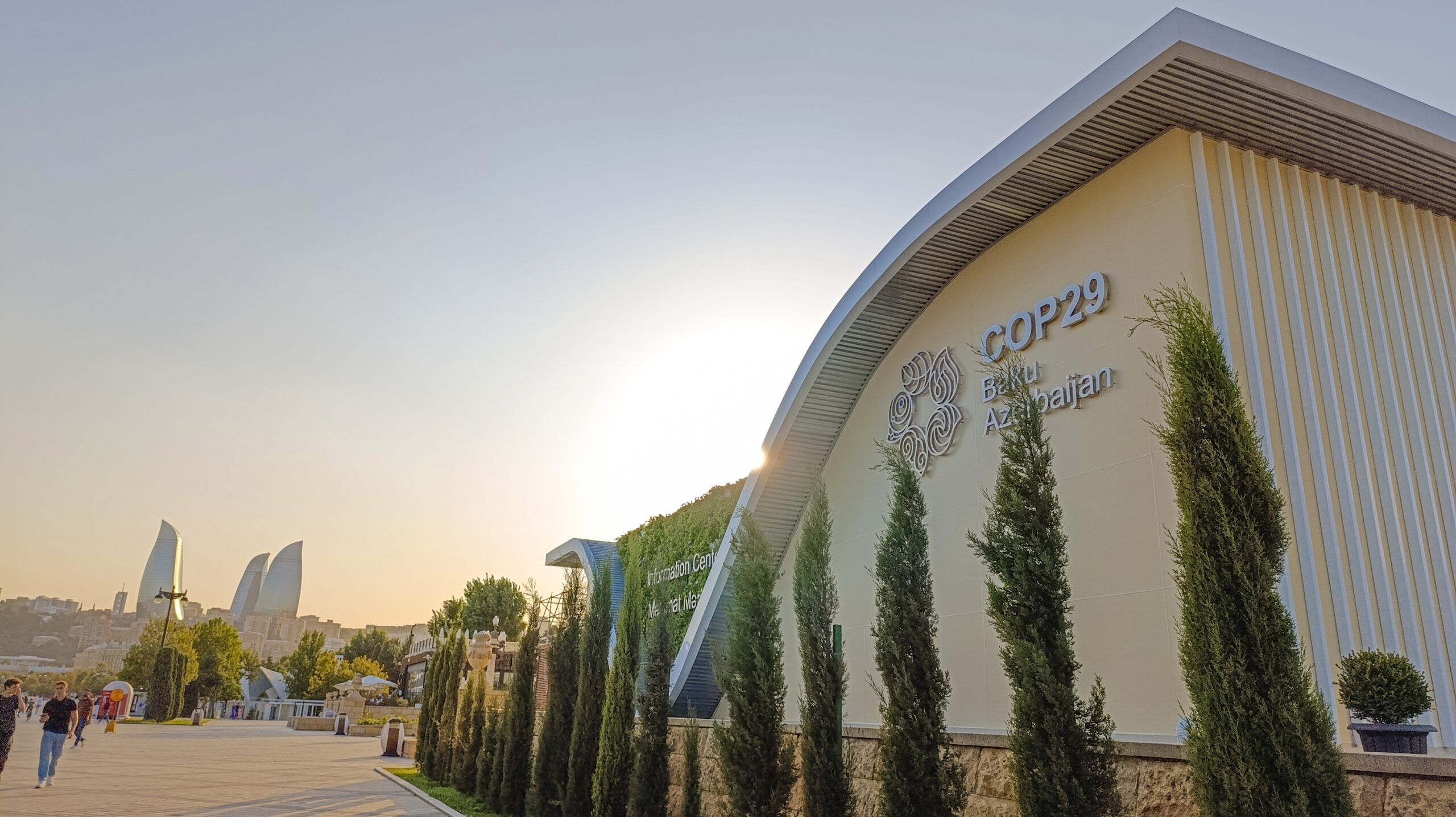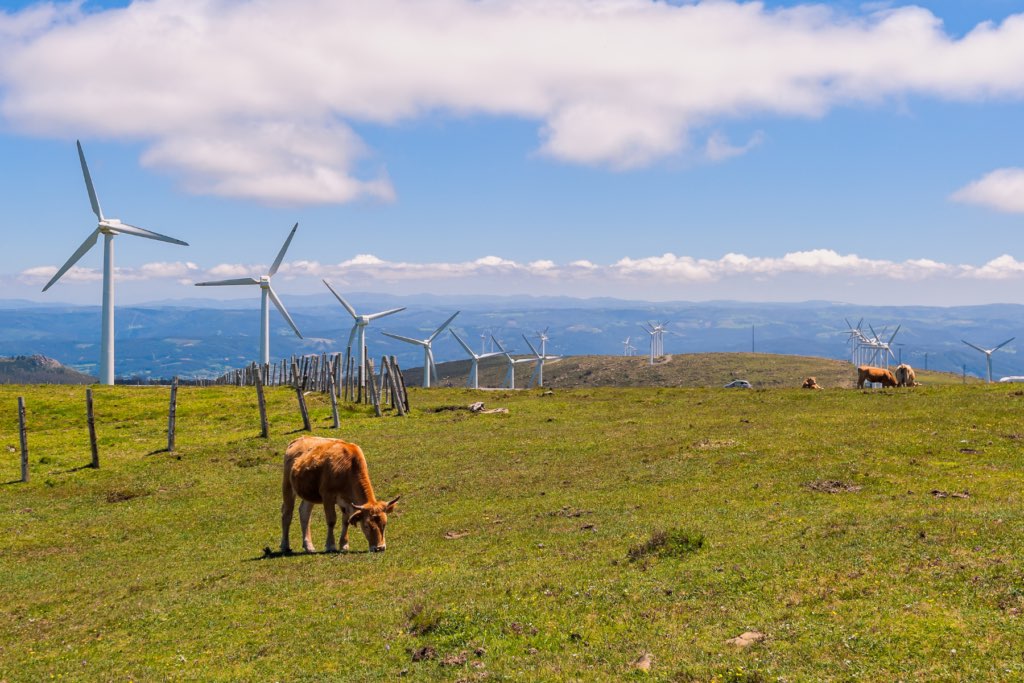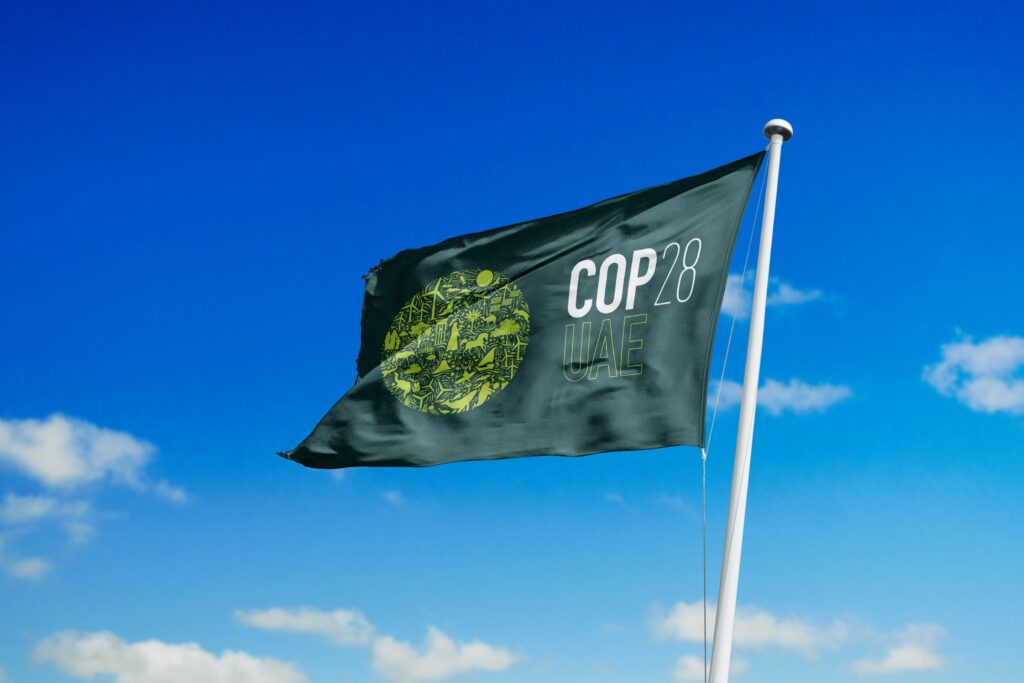The global dairy sector reaffirms its unwavering commitment to sustainability in alignment with the UN Sustainable Development Goals (SDGs). As a vital source of nutrition, economic support, and environmental stewardship, dairy provides essential nutrition to 6 billion people around the world and supports the livelihoods of nearly 1 billion people across approximately 130 million dairy farms worldwide. This joint statement underscores our dedication to transforming dairy systems sustainably and responsibly, benefiting both people and the planet.
Achievements and Ongoing Initiatives
Our sector has long recognized the importance of proactive engagement in sustainability. Key initiatives such as the Global Dairy Agenda for Action (2009), the Dairy Sustainability Framework (2013), the Dairy Declaration of Rotterdam (2016), Pathways to Dairy Net Zero (P2DNZ) (2021), the Global Methane Pledge (2022), and the Paris Dairy Declaration on Sustainability (2024) reflect our commitment. These programs have successfully integrated sustainability across environmental, social, and economic domains within dairy systems, paving the way for further progress.
Through continuous advancements in production and process efficiency, the dairy sector has reduced greenhouse gas (GHG) emissions intensity, protected critical carbon sinks, and improved management practices across the board. Notably, from 2005-2015, the GHG emissions intensity per liter of milk decreased by nearly 11%, even as global dairy production increased by 30%.
Methane and GHG Emission Reductions
Reducing methane emissions is crucial for climate change mitigation, as methane is a potent yet short-lived greenhouse gas that significantly impacts global warming. Reducing methane emissions from dairy has an immediate impact on warming. Dairy production is responsible for just 2% of total human-caused GHG emissions, with methane emissions constituting approximately 12% of global anthropogenic methane. Furthermore, methane emissions in the sector are biogenic and part of natural cycles, unlike fossil-based methane, which adds long-stored carbon to the atmosphere. Dairy has made significant strides in adopting methane reduction techniques, including feed additives, improved manure management, and biogas production, contributing to immediate climate benefits.
In this regard, we will discuss methane reduction advancements during three COP29 side events:
- 13 November: GDP Executive Director Donald Moore will speak on a panel about strategies for the rice, dairy and beef sectors to reduce methane emissions and the dairy sector’s commitment to environmental progress, as exemplified in P2DNZ.
- 18 November: IDF President Gilles Froment will address the mitigation process at an official side event on Animal health, mitigation and adaptation: Innovative financing for sustainable livestock development in conjunction with ILRI, BAIF Development Research Foundation, the European Dairy Association.
- 20 November: GDP will host an official side event “Sustainable Strategies for Dairy, Beef, and Rice Sectors: Efforts to Cut Methane Emissions” in conjunction with the Global Roundtable for Sustainable Beef (GRSB) and the Republic of Uruguay. The event will explore sustainable strategies for the dairy, beef, and rice sectors to cut methane emissions, while highlighting innovative practices and collaborative efforts.
Life Cycle Assessment
The dairy sector continues to develop and apply accurate measurement methods, such as Life Cycle Assessment (LCA), to track emissions. IDF has led in establishing global guidelines for carbon footprint calculation in dairy, supporting transparency and consistency in emissions reporting. Given dairy’s essential role in nutrition, we advocate for including nutritional factors in LCA assessments to capture the full impact of dairy on human health and well-being.
Ecosystem Services and Nature-Positive Contributions
Dairy farming provides significant ecosystem services, enhancing biodiversity, supporting soil health, and contributing to renewable energy through manure-based biogas. Dairy animals convert human-inedible feed into nutritious food and improve soil carbon storage by recycling manure. Approximately 70% of global agricultural land, classified as marginal, becomes productive through responsible grazing, providing high-quality nutrition while fostering ecological health.
Policy and Partnerships for Effective Climate Action
Achieving meaningful climate action in dairy requires supportive political frameworks. We call for policies that incentivize farmers, promote adoption of innovative technologies, and fund research to accelerate sustainable practices. Through cross-sectoral collaboration, we aim to strengthen food systems, ensuring a healthy, sustainable future for all.
Looking Forward
The dairy sector is committed to furthering these initiatives, adapting to the evolving demands of climate and social responsibility. With dairy’s intrinsic role in resilient, sustainable food systems, we will continue to foster practices that balance environmental stewardship with economic and social needs.
Together, IDF and GDP reaffirm our dedication to a sustainable future, highlighting dairy’s unique role in delivering nutritious food and essential services to communities worldwide.














